
Implementation of the Macroeconomic Adjustment Programmes in the Euro Area
State-of-Play
Read or listen offline
Amazon KindleRecommendation
The independent Centre for European Policy Studies (CEPS) has evaluated how successful the adjustment programs delivered by the Troika – the European Commission, the European Central Bank and the International Monetary Fund – have been within the crises-afflicted economies of Greece, Ireland, Portugal and Cyprus. The CEPS review of data and scholarship from 2010 to the present shows that Portugal and Ireland, based on export growth, are rebounding; that Greece’s lack of real structural reforms has led to fiscal stability without growth; and that evaluations in Cyprus are still premature. This clear narrative lays out the specifics of these exceedingly complex efforts. Since CEPS has no political skin in the game, getAbstract sees this report as a reliable source of unbiased information on often contentious agendas.
Summary
About the Authors
Daniel Gros is the director of the Centre for European Policy Studies, where Cinzia Alcidi is a research fellow and Alessandro Giovannini is a researcher. Ansgar Belke is a professor at the University of Duisburg-Essen and Leonor Coutinho is a research fellow at the Europrism Research Centre.










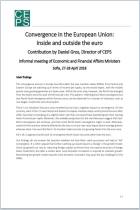
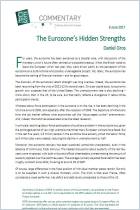
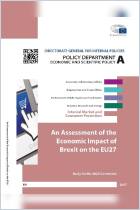
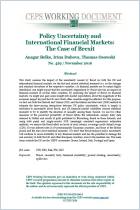
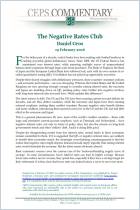
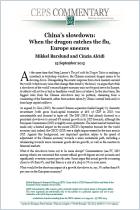

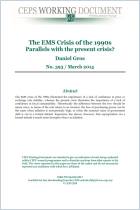




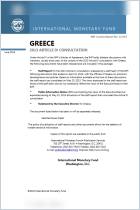






Comment on this summary